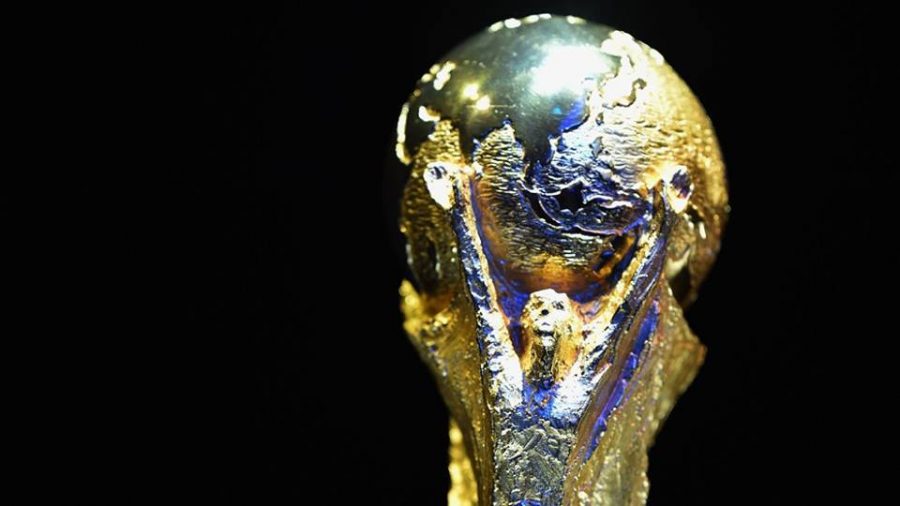OPINION: World Cup expansion causes problems
April 9, 2017
There is no sporting event quite like the World Cup. Every four years, the countries with the best national teams compete to be number one.
Well, it was the best teams, until this past January when FIFA expanded the field for the 2026 edition of the tournament from 32 teams to 48 teams.
At first, the idea of expanding the tournament sounds great. With a larger field, more countries will be able to qualify for the tournament, and more people around the world will be able to share in the excitement.
This isn’t about including more countries, though. This is about profits. With the expansion to 48 teams, the number of games played will increase from 64 to 80. FIFA is projecting an increase in profits of $640 million.
Increasing the size of the World Cup actually hurts the tournament. Most countries that qualify for the tournament already cannot compete with the powerhouse teams like Germany, Brazil and Argentina.
With 16 additional teams, the level of skill between the top and bottom of the field will increase. Smaller, less skilled countries like New Zealand, Trinidad and Tobago and Haiti will start to qualify for the tournament every time it’s played. But every time, they will be sent home in the first round after countries from Europe and South America use them as warm-up games.
FIFA knows that this will happen, too. When it announced the expansion of the tournament, the organization also stated that it expects the “absolute quality” of the tournament to drop and that the best tournament is one played between 32 teams.
Maybe instead of being a great tournament, the 2026 World Cup will be more inclusive with more teams from Asia, Africa, Oceania and North America. That’s nice, but the 16 additional teams don’t have a chance to win. Most teams that qualify in the current structure don’t even have a chance.
Only eight countries have ever won the tournament, and all of them are from Europe or South America. Only one team from outside of these two regions has ever finished in the top three, when the United States took home bronze in 1930.
Instead of focusing on expanding the World Cup, FIFA executives should be focusing on matters that are more important, like the seemingly unending corruption case that has plagued the organization since 2010.
The expansion to 48 teams is not ideal, but there is one benefit. With six teams qualifying from CONCACAF, the confederation that oversees soccer in North America, Central America and the Caribbean, the United States may never fail to qualify again.
Contact the writer: [email protected]





